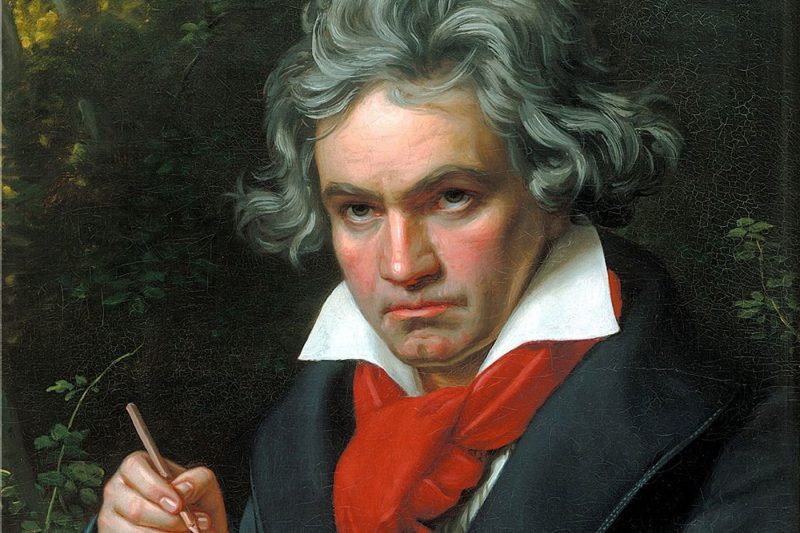Why Beethoven is so relatable right now (and it’s not just because his hair is a wreck)
BEETHOVEN-HAUS BONN / WIKICOMMONS
by David Patrick Stearns
With barbershops and hair salons shuttered, many of us are starting to look as scruffy as middle-aged Beethoven. But that’s not why so many roads now lead to Beethoven’s music as we wait in our homes for the pandemic to be over.
“There’s strong connection [with] what is happening to us,” said pianist Maria Joao Pires as she introduced Beethoven’s Piano Sonata No 8, Op. 13, (“Pathetique”) on a March 28 #WorldPianoDay webcast. “Through him, we can learn many important things for our present and future.”
Then, she launched into the sonata’s suffocating C-minor darkness, where the composer rages against seemingly intractable limitations.
Beethoven was in the air to begin with: His 250th birthday year had complete cycles of symphonies, sonatas, and string quartets scheduled far and wide — now mostly canceled.
The COVID-19 virus has also hit the classical music community directly: Conductor Mirga Gražinytė-Tyla and tenor Placido Domingo are just two to test positive.
But does that explain why the Philadelphia Orchestra’s BeethovenNOW concert, with two full symphonies webcast from an empty Verizon Hall on March 12, is up to 771,000 YouTube views? Or why the Rotterdam Philharmonic’s abbreviated Beethoven 9th video — with each instrumentalist playing separately from home, titled From Us to You, is closing in on 2 million views since its March 20 posting?
